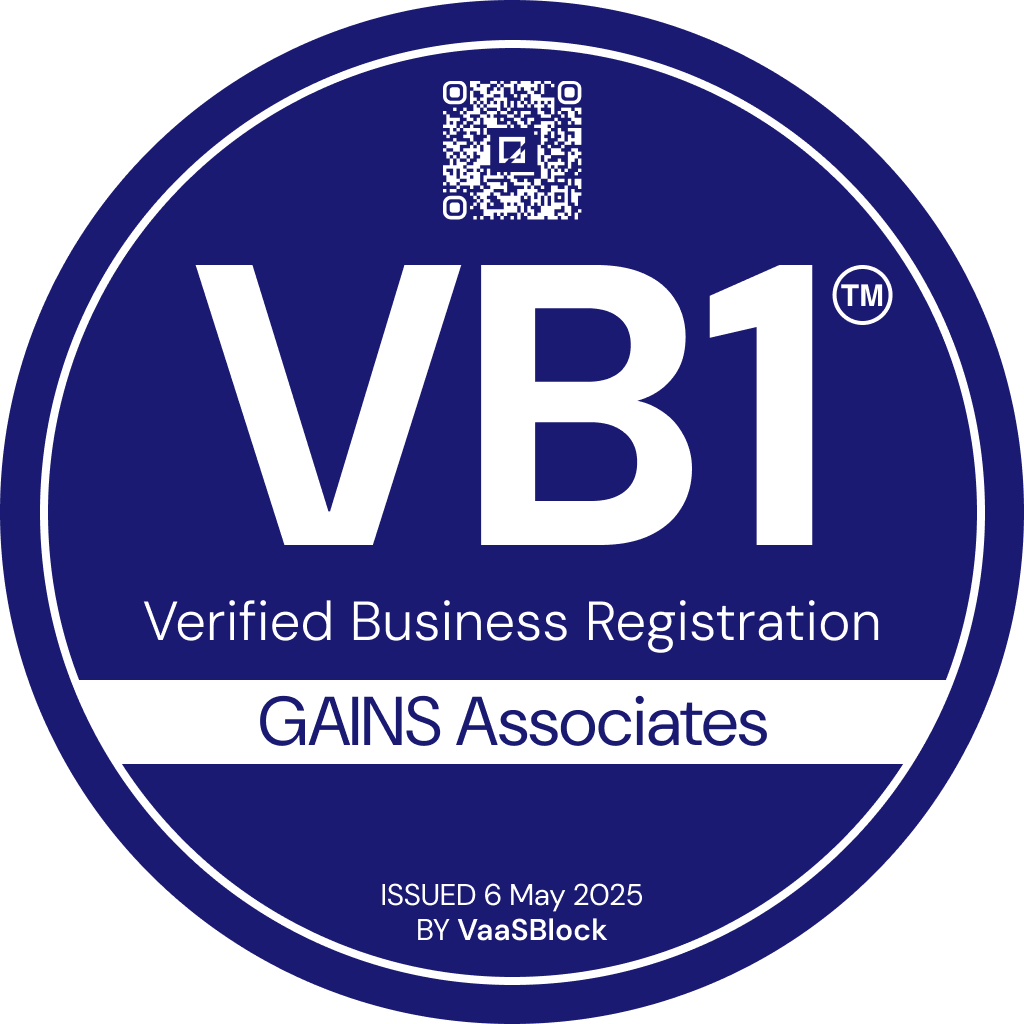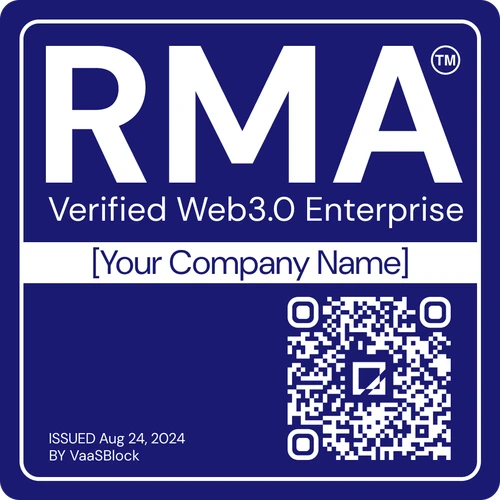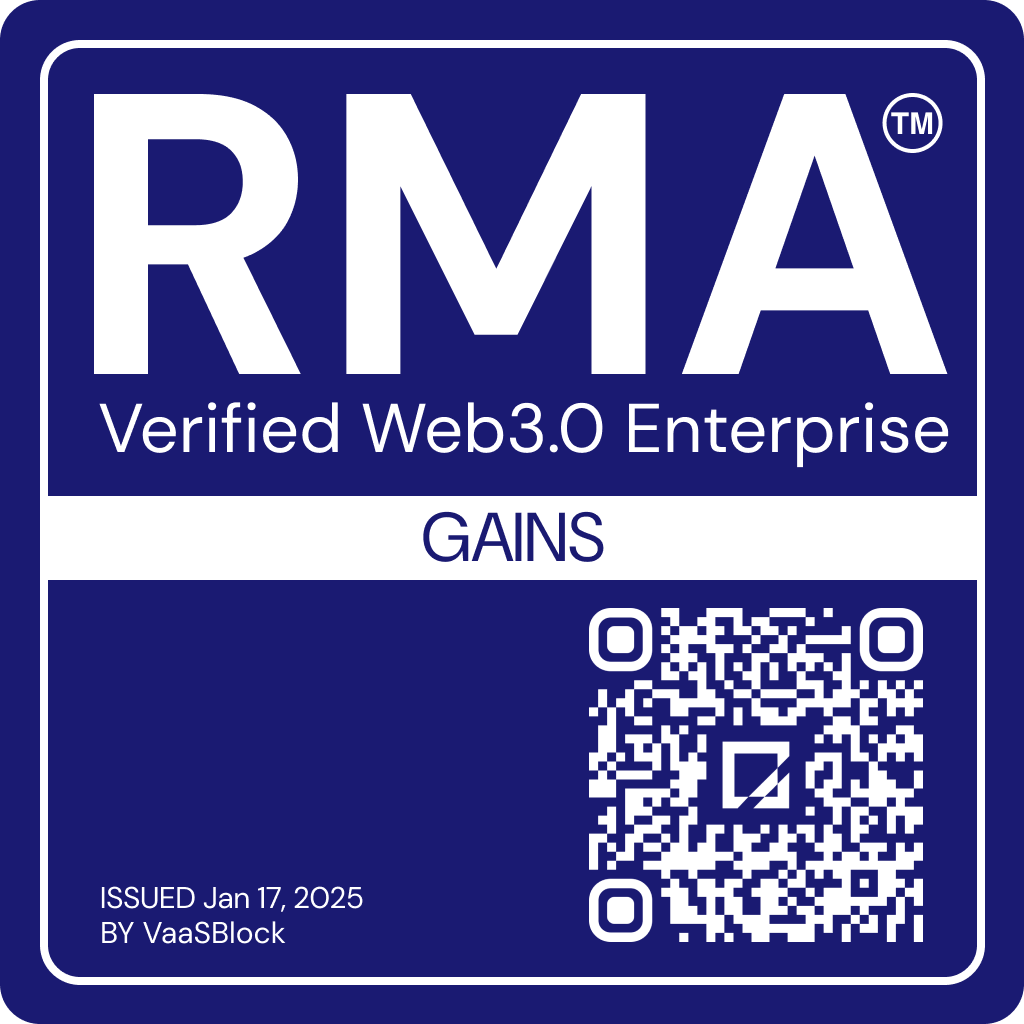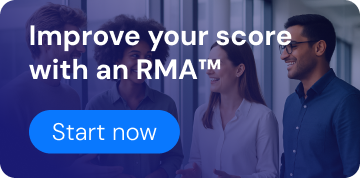Organization Name – GAINS
Category –  Banking & DeFi
Banking & DeFi
GAINS Associates, founded in May 2018 and led by French entrepreneur Alexandre Raffin, presents itself as one of the earliest “decentralized venture‑capital” communities in crypto. The …group’s name—an acronym for “Group Action Is Never Small”—captures its guiding idea that retail investors, acting collectively, can co‑invest on terms once reserved for traditional VCs. They claim the initiative began as an informal Telegram club that pooled modest tickets into token presales during the late‑ICO boom; by mid‑2024, it was reporting a community of more than 55 thousand Twitter followers, 25 thousand Telegram subscribers, and several thousand active Discord users. According to company materials, members of the GAINS network have contributed roughly 35 million USD to more than three hundred blockchain start‑ups, with headline wins including early allocations in Avalanche and Quant Network. Those figures cannot be fully verified from public block‑explorer data, yet independent press items in Globe Newswire and Fintech Futures have credited the group with repeat “high‑ROI” placements and a reputation for finding promising seed‑stage deals.
The GAINS model revolves around its ERC‑20 membership asset, the $GAINS token. Prospective investors buy and stake the token to enter a tiered ladder—ranging from a thousand tokens for the “Plankton” tier to two‑hundred‑thousand for the “Blue Whale” bracket—each rung offering larger allocations and, in the upper ranks, direct communication channels with founding teams. This staking condition has drawn criticism for effectively gating participation behind a proprietary asset, yet supporters argue it aligns incentives and deters sybil attacks. In late 2023 the token suffered an unforeseen shock when the Multichain bridge collapsed; custodial tokens stranded on Fantom became unredeemable. GAINS responded by redeploying the contract on Ethereum and BNB Smart Chain, airdropping one‑to‑one replacements to every recorded holder. Observers describe the episode as a litmus test the community passed, reinforcing the team’s claim that protecting retail investors is a non‑negotiable priority.
Beyond capital, GAINS positions itself as a launchpad operator, now split between two sister platforms. GAINS Private handles traditional private rounds, where KYC’d members wire funds into legal SPVs; GainsPad, introduced in early 2024, manages public‑facing IDOs. The firm touts several investor‑protection mechanics on GainsPad, including a 48‑hour refund window and a “Proof‑of‑Learn” whitelist that rewards applicants who complete quizzes about a project rather than those who simply farm bots. They further argue that integrating community education deters pump‑and‑dump behavior, although that claim remains anecdotal. To amplify distribution, GAINS secured technical partnerships with Polygon, BNB Chain, Trust Wallet and OKX’s Web3 Wallet extension, all of which embed direct links to GainsPad offerings inside their dashboards. It was reported that these integrations expanded the platform’s potential reach to millions of wallet users, yet the exact conversion rate into active investors has not been disclosed.
Security has become a recurring talking point for the company. Hacken, CertiK and PeckShield have each audited GAINS’s smart contracts, and all three issued public reports stating no critical vulnerabilities were found. The team highlights these triple audits as proof of “institution‑grade code quality,” though detractors caution that audits are snapshots in time rather than blanket guarantees. In January 2025, the firm added another credential: the RMA™ (Risk Management Authentication) badge from VaaSBlock, an external standards body that evaluates governance, revenue transparency, planning, team proficiency and technical security. GAINS states it met or exceeded the benchmark in every category, scoring “Standard Exceeded” for Results Delivered. VaaSBlock openly lists GAINS as a certified partner and a reseller able to extend RMA diligence to the start‑ups it on‑boards, signalling a bid to weave formal compliance into the otherwise informal world of token launches. Critics note that the RMA framework itself is novel and still gaining recognition, yet the badge nonetheless supplies a third‑party layer of accountability many launchpads currently lack.
The organisation’s leadership has sought to bolster its advisory bench as well. In 2024 it appointed Walid Benothman, a former growth lead at 1inch Network; Evan Luthra, a Forbes 30 Under 30 entrepreneur; and former investment banker Jonathan Faye. GAINS presents these figures as bridges to liquidity providers, tier‑one exchanges and traditional finance. Concurrently, the company expanded its marketing workforce and claims to have a roster of more than 250 key‑opinion leaders ready to amplify portfolio announcements. Independent verification of those influencer relationships is sparse, but projects that have launched through GainsPad frequently cite “KOL support by GAINS” in their public decks, suggesting an active promotional channel exists.
While the launchpad’s public wins draw attention, its critics point to long odds inherent in seed‑stage crypto investing and the undisclosed performance of GAINS’s less celebrated picks. Because many early allocations are locked for months, real returns can lag hype cycles, and the illiquidity risk falls largely on the retail backer. GAINS counters that its education modules and post‑launch monitoring help investors make informed decisions, and it stresses that participants are “self‑custodial” at every step—wallets connect directly to smart contracts rather than deposit funds with a centralised custodian. They also cite the refund policy on GainsPad launches as a back‑stop, though that feature depends on each project agreeing in advance to escrow.
The startup ecosystem has reciprocated interest. Entrepreneurs reported in Newsfile and Chainwire describe GAINS as an “honest broker” that offers both capital and an instant army of testers, beta users and micro‑influencers. Several founders credit the platform’s ask‑me‑anything sessions for surfacing crowd‑sourced feedback that shaped product road‑maps. Still, projects must weigh the cost: allocating a percentage of tokens to GAINS stakers and paying advisory or marketing fees. The firm says its terms are “competitive and flexible,” yet full fee tables are not publicly posted.
GAINS Associates faces stiff competition from better‑capitalised exchange‑run launchpads and from up‑and‑coming social‑funding collectives such as DAO Maker or Seedify. To stand out, it emphasises flexibility—handling equity, token and NFT deals alike—and a willingness to list on multiple chains. It also pitches its multi‑chain $GAINS token as a genuine utility asset rather than a governance placebo: holders stake it to invest, not to vote on abstract proposals. Whether that utility will translate into long‑term token demand remains an open question, but the company insists that future growth—new project pipelines, white‑label launchpad services, and a potential venture‑studio arm—will all accrue value to the token in some form.
Looking ahead, GAINS plans to deepen its venture partnerships in Asia and the Middle East, citing accelerated demand for compliant routes into blockchain fund‑raising. They hint at upcoming exchanges listings, more real‑world meet‑ups, and what Raffin calls “structured liquidity provisions” that may offer secondary‑market support to projects after initial distribution. These ambitions arrive as global regulators tighten oversight of token sales; how GAINS navigates KYC, securities‑law grey areas and cross‑border investor limits could define its next chapter. The team argues that RMA accreditation, multi‑jurisdictional legal counsel and segregated SPVs already put GAINS ahead of the curve, although enforcement trends are fast‑moving and uncertain.
Six years into its journey, GAINS Associates is larger, more process‑driven and arguably more resilient than the informal chat group that entered the 2018 ICO frenzy. Supporters frame it as a maturing bridge between professional vetting and grassroots capital; skeptics view it as yet another launchpad riding volatile bull‑and‑bear sentiment. What is clear is that GAINS continues to evolve with the market it serves: redeploying tokens after bridge failures, rolling out refund policies, seeking independent certifications and layering education atop hype. For potential investors and founders alike, the platform offers a mix of community reach, structured diligence and historical skin in the game—attributes that could prove decisive as the Web3 funding landscape shifts from speculative frenzy toward sustainable, compliance‑anchored growth Read More
![]() 0x89584b…89bc2048
0x89584b…89bc2048![]() 0x89584b…89bc2048/28
0x89584b…89bc2048/28![]() 0xf66623…9d1b1e2f
0xf66623…9d1b1e2f
 Banking & DeFi
Banking & DeFi













